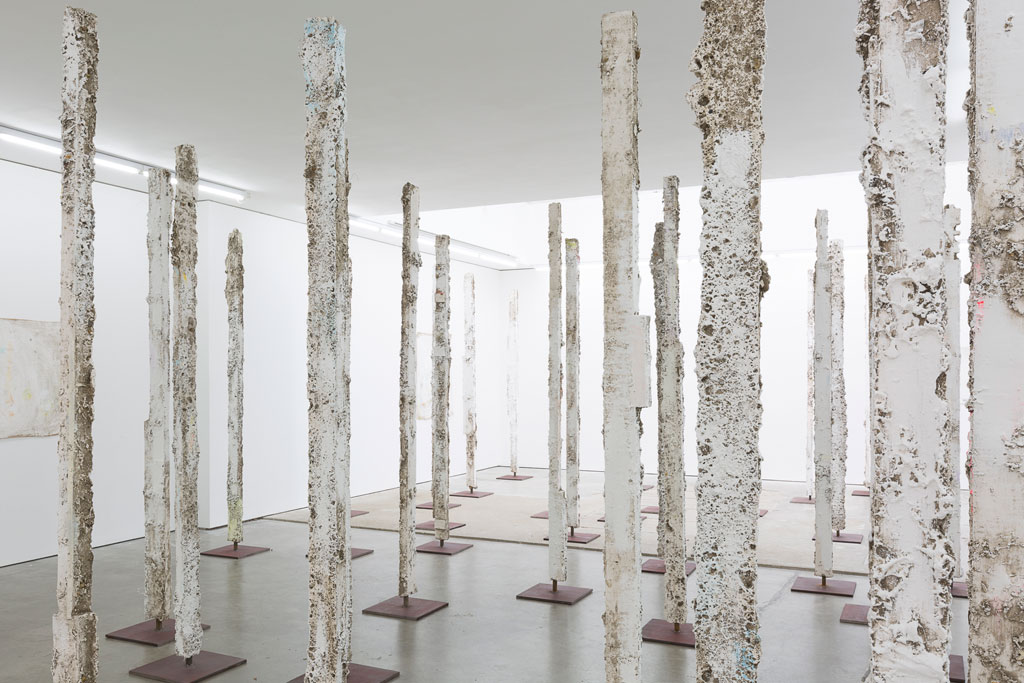The Mother-Child Connection as Told by Large Scale Installation
The Foundling Museum presents 'site-responsive installations' by British artist Jodie Carey.
This post may contain affiliate links. Learn more
Jodie Carey’s response to the history of the Foundling Hospital has been to create a series of striking works that explore themes of love, loss and trace.
Imbued with a sense of remembrance, the sculptures in ‘Sea’ encourage visitors to reflect on the thousands of children who passed through the Foundling Hospital from the 1740s – 1950s, the fragility of human life and relationships. The exhibition opens 25 May and runs until 2 September.
The Mother-Child Connection as Told by Large Scale Installation

Jodie Carey, Earthcasts, 2017 © Jodie Carey, courtesy Edel Assanti
In a ‘site responsive’ commission from the museum, Carey’s works pertain to love, loss and trace in its response to the Foundling Hospital’s history. The large-scale installation for the museum’s exhibition gallery encourages visitors to reflect on the thousands of children who passed through the hospital from the 1740s – 1950s. The fragility of human life and relationships comes to the fore, as they do in the artist’s recent works that explore mortality and memory. The artist approaches these themes with the unique combination of monumental scale with vulnerable materials, using techniques that result in the act of creation remaining visible.
The installation draws inspiration from the eighteenth-century fabric tokens left by mothers with their babies at the Foundling Hospital as a means of identification. Sea is formed of hundreds of swatches of fabric that have been dipped in liquid clay and red to create delicate, white ceramic fragments that cover the gallery floor. During the firing process, the fabric burns away, leaving only a trace of its weave and pattern, echoing the fragility of the textile tokens that are one of the few remaining and tangible connections between each mother and her child.
Sneak Peak: Inside the June Arts Issue
Among the museum’s historic Collection on the first floor, two monumental works explore ideas of memory and time. Found is formed of 18 life-size, totemic sculptures, each cast from the void left by rolls of fabric buried in soil. In casting bolts of fabric, Carey references the signifcant role that cloth played in the Hospital’s story – as emblems of hope for the mothers, methods of identication for the institution and routes of employment for the children. Cord, displayed in the Foyer, is a delicate and slender bronze sculpture that stands floor to ceiling. Referencing the bond between mother and child, Cord makes visible the fragility of relationships, but questions whether bonds can ever be broken.
‘I am delighted to have been given the opportunity to make new work for the Foundling Museum. It is a deeply moving museum, and a challenging and emotional space to respond to. I am honoured to be part of its extraordinary history.’ – Jodie Carey
These commissions form part of the Museum’s 2018 programme of exhibitions, displays and events to mark the centenary of female suffrage by celebrating women’s contribution to British society, culture and philanthropy from the 1720s to the present day.
